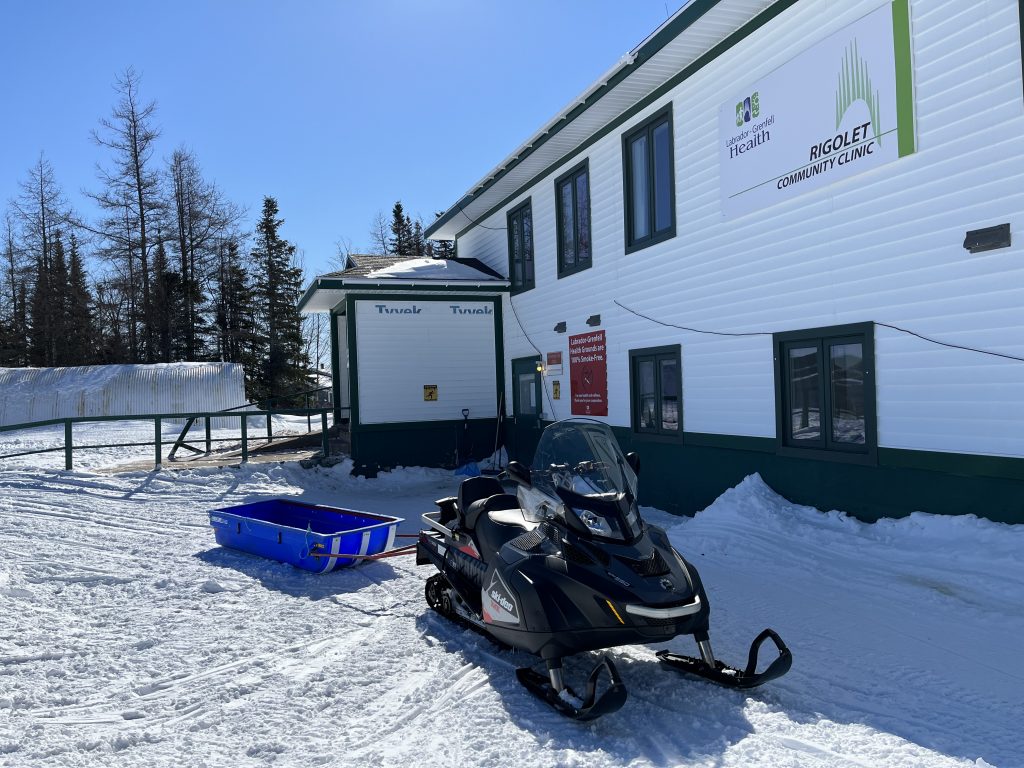Survey highlights healthcare gaps for Indigenous people, importance of wellness

A Statistics Canada survey released this month is casting light on the experiences of Indigenous people in the healthcare system, with Inuit among the groups calling for more culturally relevant services.
The 2024 Survey Series on First Nations People, Métis, and Inuit found that the majority of Indigenous respondents agreed on the importance of integrating traditional medicine and wellness practices into mainstream healthcare.
Inuit were among the strongest supporters of the integration, with 82 per cent reporting that it is very or somewhat important to have healthcare services that support Indigenous traditional medicines, healing and wellness practices. This sentiment aligns with findings for First Nations people living off reserve (86 per cent) and Métis (70 per cent).
“In the Indigenous context, the integration of culturally appropriate and safe care—defined as care that reflects the values, traditions, and social norms of a patient’s culture and where patients feel respected, safe and valued—is important,” the survey results said.
“In addition, the Truth and Reconciliation Commission of Canada called on the Canadian health care system to recognize and integrate traditional knowledge, therapies and healing practices into the treatment approach for Indigenous people.”
Inuit affected by distances to care
The survey also highlights significant barriers to accessing healthcare, particularly for Inuit living in remote areas.
Fifty-two per cent of Inuit saw a healthcare provider for non-urgent needs such as check-ups or prescription refills in the past year, but access to care remains a challenge. Inuit were most likely to report waiting a month or more for an appointment, with 18 per cent indicating long wait times, compared to 14 per cent of First Nations people living off reserve and 11 per cent of Métis.

“For some Indigenous people, extensive travel is necessary to access health care, and this can result in financial burdens, emotional stress, anxiety, and feelings of isolation,” the survey said.
This challenge is compounded by the fact that 40 per cent of Inuit reported needing to travel outside their community to access health services in the 12 months prior to the survey, with more than half of those traveling over 1,500 km to receive care.
Unmet healthcare needs
Inuit are also disproportionately affected by unmet healthcare needs.
The survey found that 29 per cent of Inuit reported unmet healthcare needs in the 12 months before the survey with common reasons including the inability to obtain a referral to a specialist and difficulty accessing services in their area. This compares to 32 per cent of First Nations people living off reserve and 30 per cent of Métis reporting similar challenges.
“Indigenous people often face barriers to health care that contribute to health disparities, including navigating complex health care policies and funding, and sometimes even having to travel outside their communities to access services,” the survey said.

The survey further explores the mental health needs of Indigenous people, revealing that nearly half of First Nations people living off reserve (47 per cent), Métis (43 per cent), and Inuit (35 per cent) reported needing mental health care in the past year. However, nearly three-quarters of those who sought care reported that their needs were only partially met or unmet, suggesting a significant gap in mental health services.
Discrimination and unfair treatment
Another key finding of the survey is the prevalence of discrimination and unfair treatment in healthcare settings.
About 23 per cent of Inuit respondents reported experiencing racism or discrimination from healthcare professionals in the 12 months prior to the survey. This is consistent with the experiences of First Nations people living off reserve (24 per cent) and Métis (18 per cent), many of whom reported feeling that their concerns were not taken seriously or that they were treated unfairly due to their Indigenous identity.
“Racism, discrimination, and marginalization within the health care system are documented barriers to health care for Indigenous people,” the survey said.
Related stories from around the North:
Canada: Opposition accuses Yukon gov’t of looking to privatize parts of health-care system, CBC News
Finland : Finland’s elder care needs funding boost to meet Nordic standards: researcher, Yle News
Sweden: Giving birth in a car: a real rural problem in Sweden, Radio Sweden
United States: Alarming number of patients at Alaskan psychiatric emergency room, Alaska Public Media



